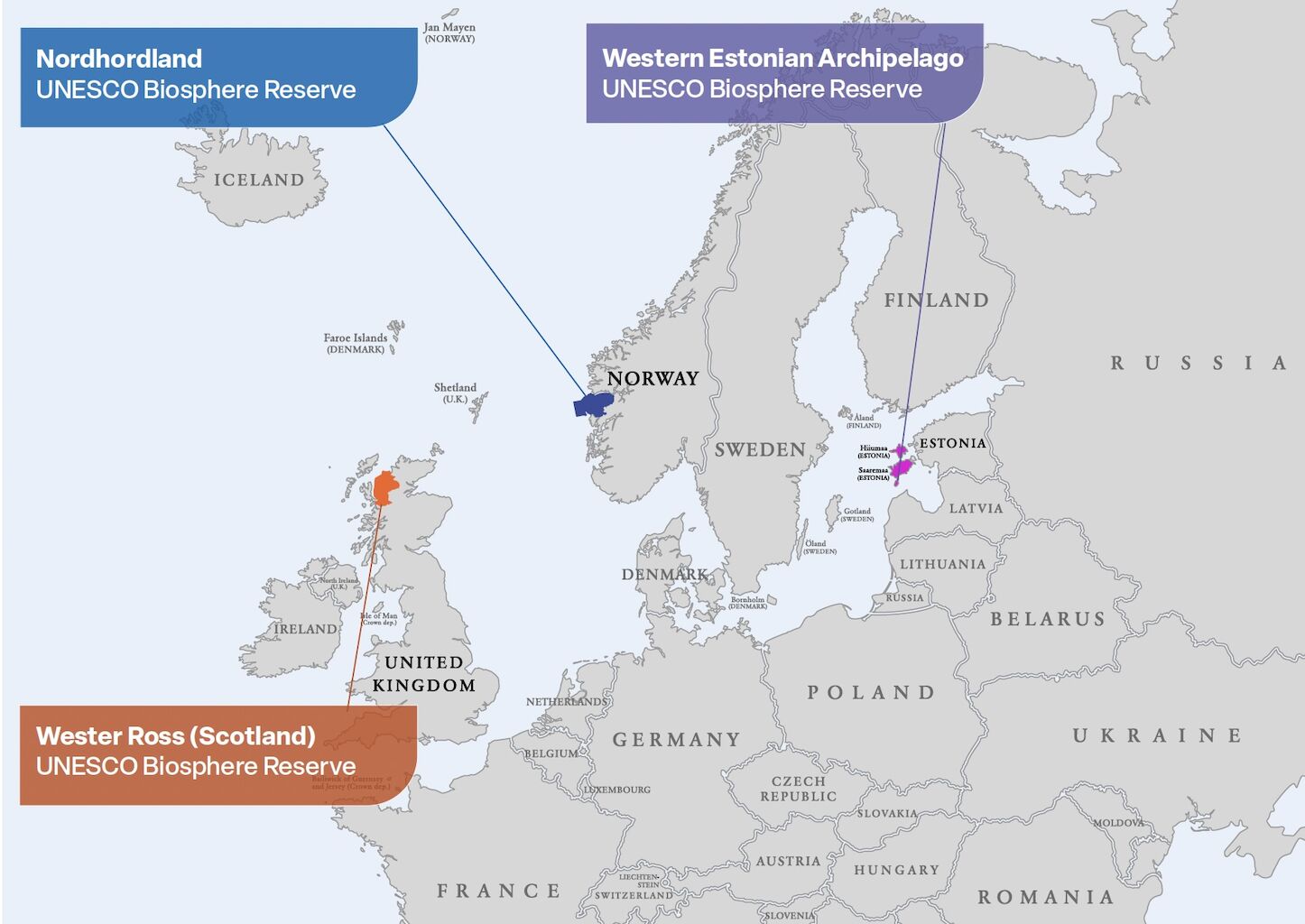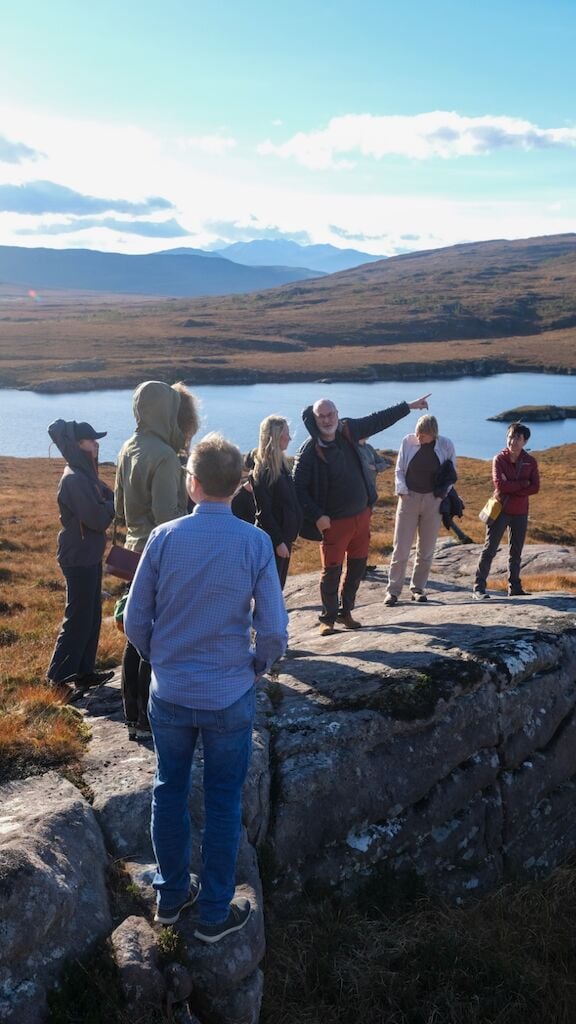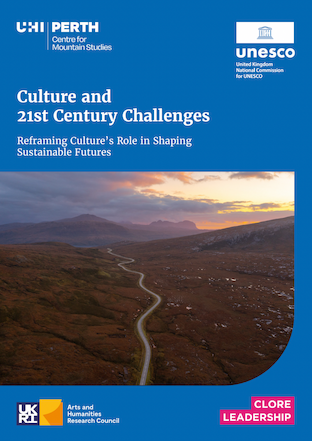A new report by Matthew Rabagliati, funded by the Arts and Humanities Research Council (AHRC) and Clore Leadership, in collaboration with the Centre for Mountain Studies at the University of the Highlands and Islands, directly addresses this question.
Based on twenty-three interviews with cultural leaders across three UNESCO Biosphere Reserves in Estonia, Norway, and Scotland, it shows that communities do not view culture as a distinct “sector.” Instead, culture is part of the very system of meaning through which people and communities understand place, belonging, and change.
Drawing on the Ghanaian concept of Sankofa - “it is not taboo to go back for what you forgot” - the report argues that cultural leadership can help communities re-examine inherited traditions and narratives, and reimagine them for rapidly changing social and ecological realities.
The report concludes that if culture is to be at the heart of sustainable transitions, cultural leaders and institutions must be given recognition, resources, and integration into wider sustainability conversations.
Commenting on the report, Matthew Rabagliati, said:
“Any transition must start with how people see and understand the world around them. That understanding is always deeply cultural. Yet too often, culture is overlooked as an add-on. This report demonstrates why it must be viewed as foundational, and what that entails for leadership, practice, and policy."
"Culture is already at the forefront of how people respond to and understand change. It is therefore integral to include the cultural sector, as both custodian and social infrastructure, in holding the debates and shaping the futures we need.”













